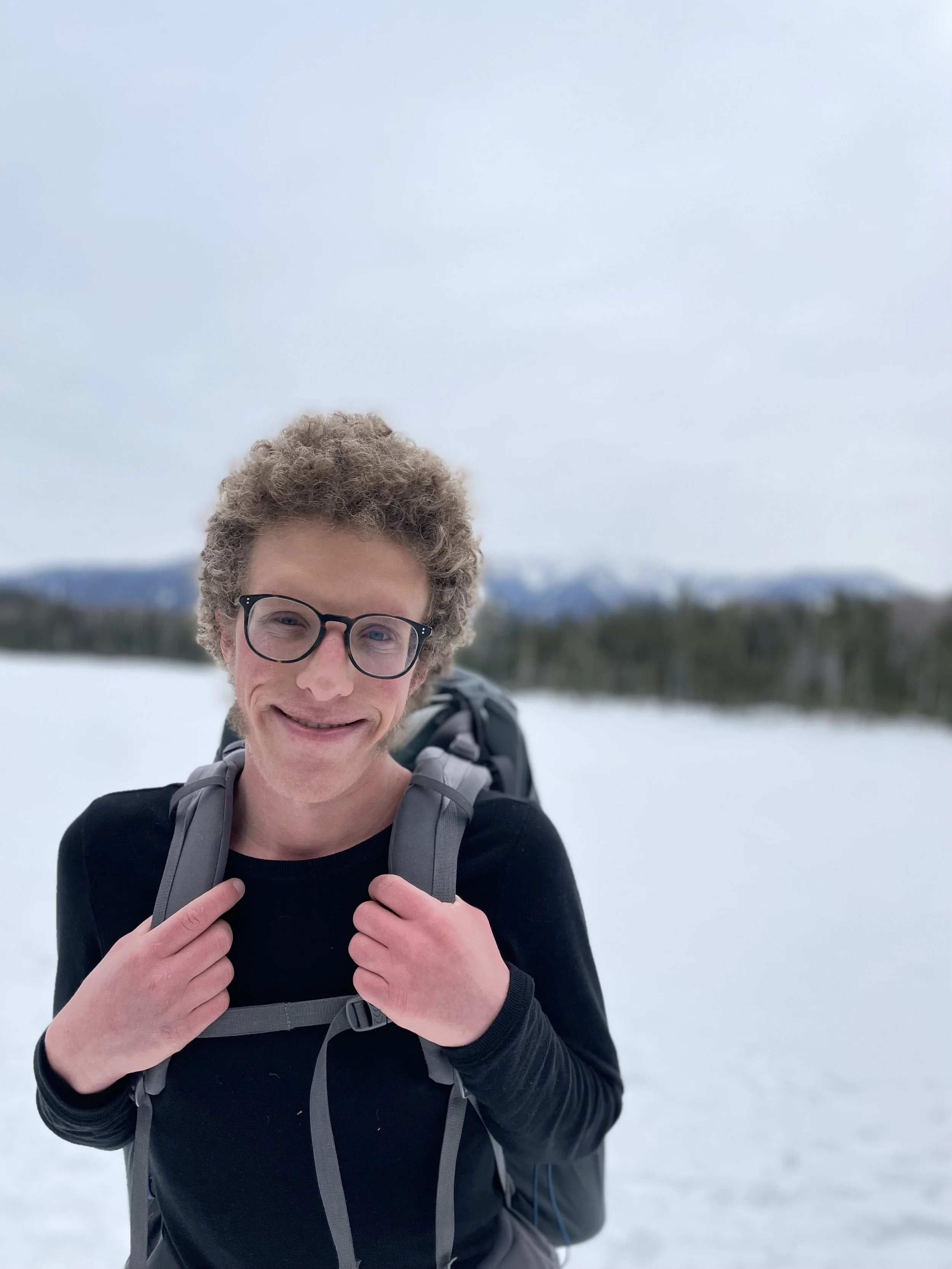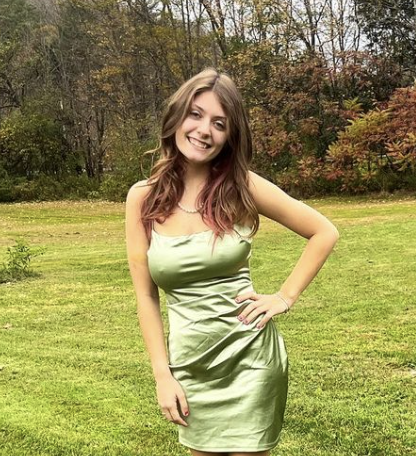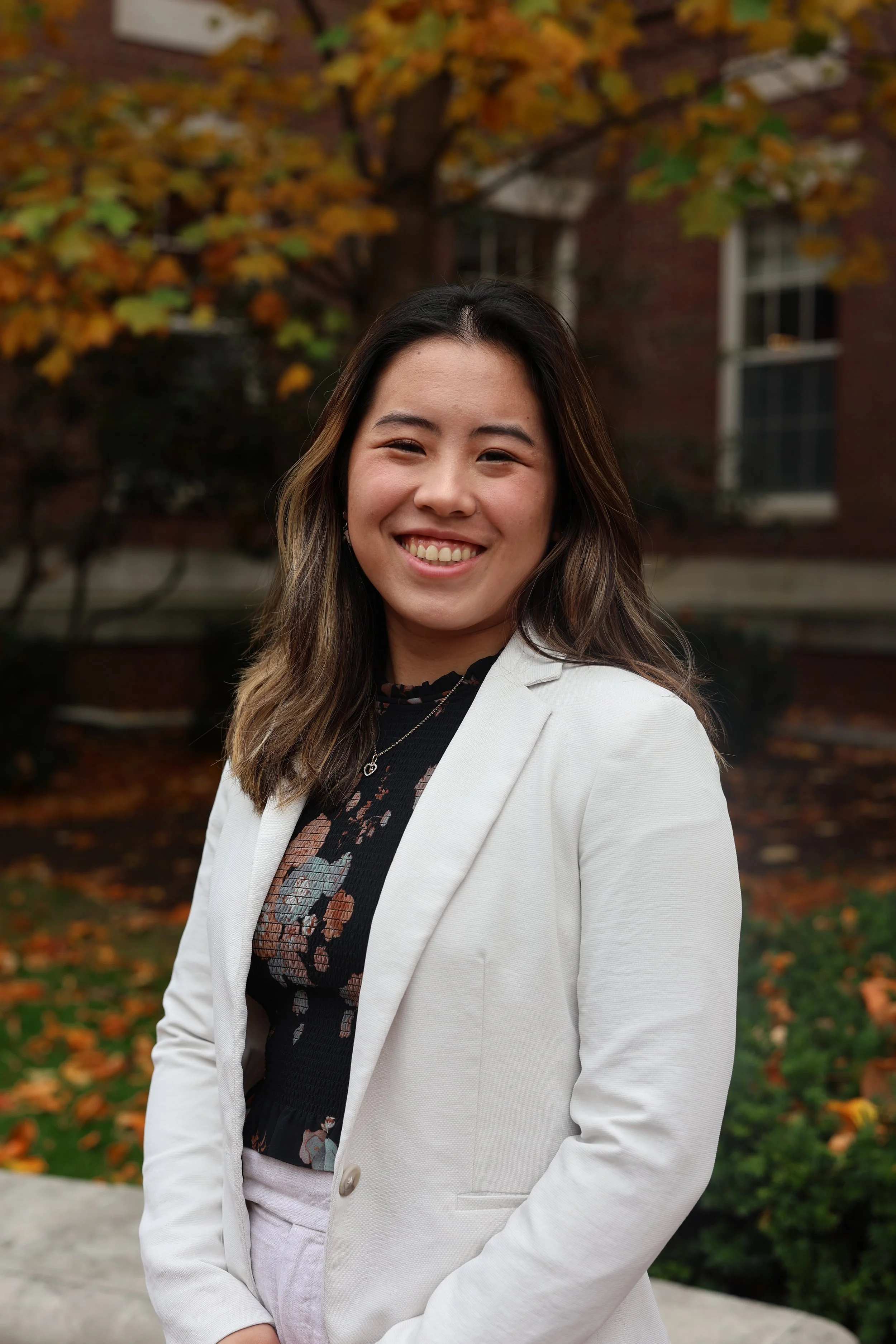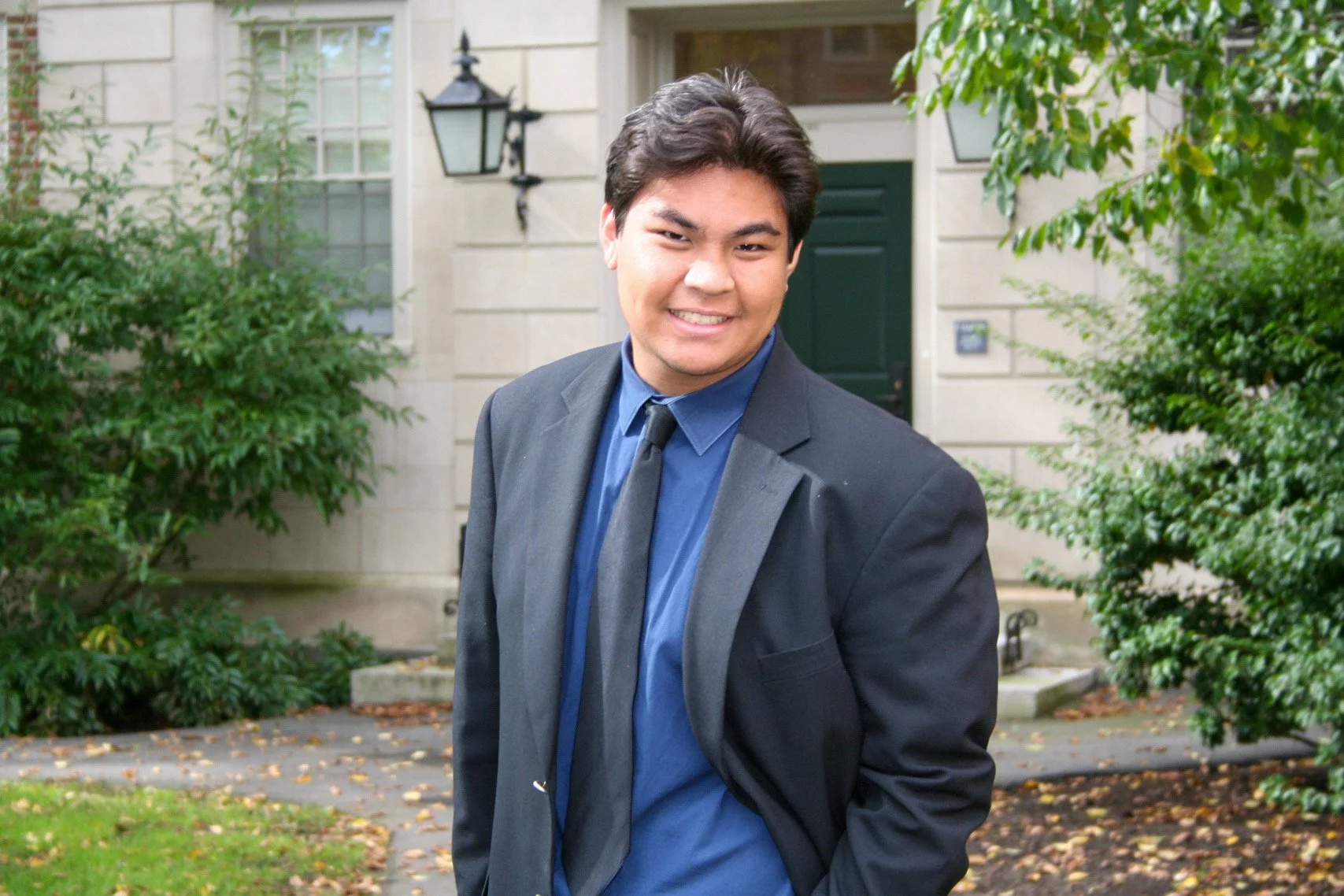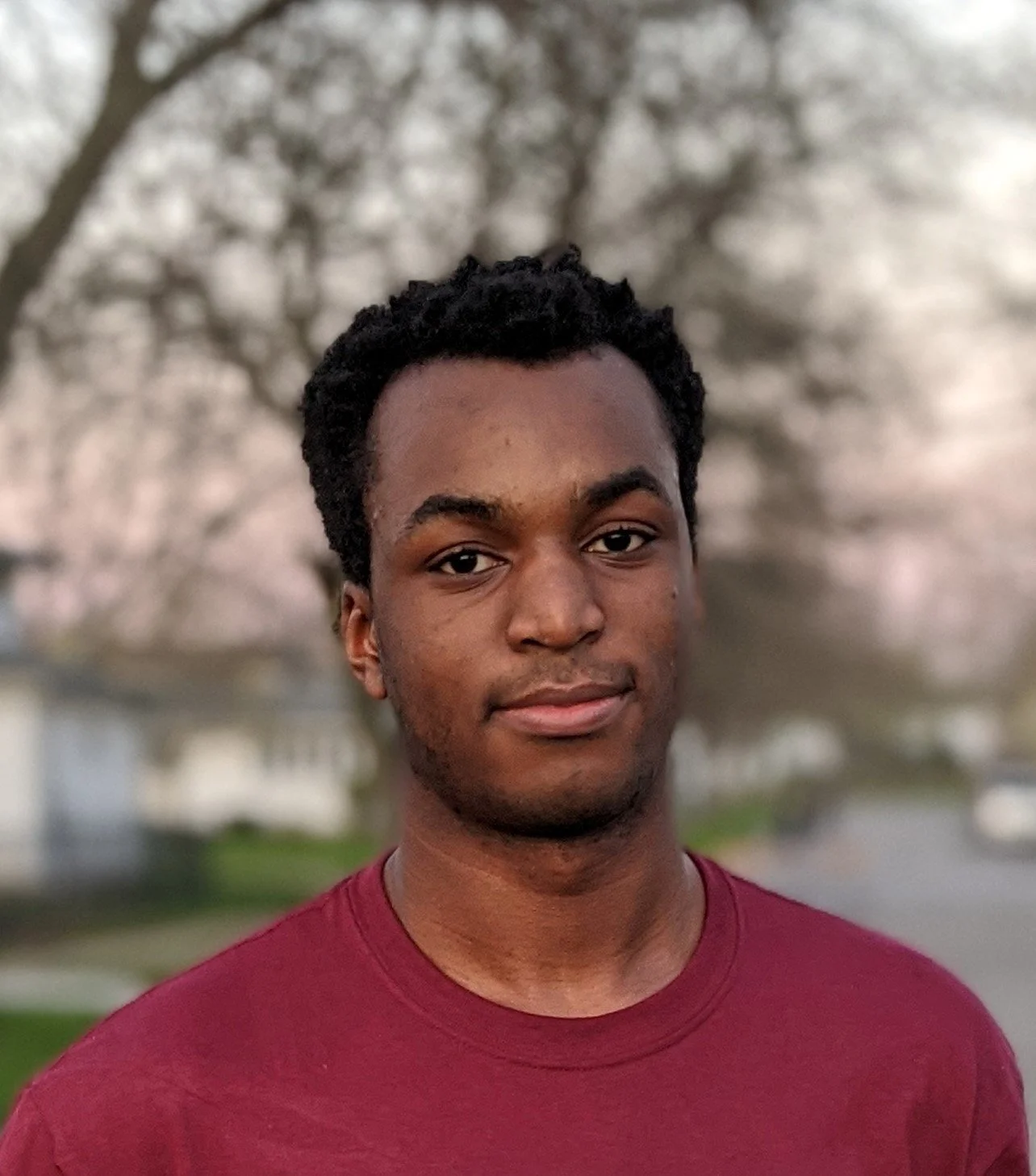Welcome to the Space Jam
European Space Agency vs China National Space Administration, 2035
CCD: Casey Murray
Director: Kenith Taukolo, Tasia Avery | CD: Chudy Ilozue, Alice Yang
Topic Summary
The year is 2035. After the first three missions of the Artemis program ran far over budget and behind schedule, the American government has abandoned its lunar ambitions and dropped out of the Space Race for now.
But it is not the end of the race. The European Space Agency (ESA) and China National Space Administration (CNSA) are both approaching the final stages of their lunar programs, aiming to be the second to the Moon — and the first to stay. They are racing each other, a handful of private companies, and come-from-behind crash programs launched by the Indian and Russian space programs.
In this joint crisis committee, delegates will take the reins of the CNSA and ESA as they race to the Moon. They will contend with the technical and technological challenges of getting there and the herculean logistics needed to support such an ambitious undertaking; resolve crises on the ground and in space; and struggle to ensure that healthy competition does not give way to conflict.
Coordinating Crisis Director’s Letter
Estimable delegates,
Welcome to Harvard National Model United Nations 2025! An exciting experience awaits you in this Joint Crisis Committee, and I cannot wait to see what you accomplish during this Second Space Race.
I’m Casey Murray, and I will be your coordinating crisis director on this out-of-this-world adventure. Originally from Chicago — birthplace of the skyscraper, deep dish pizza, and Gene Cernan! — I am a senior at Harvard studying Astrophysics and Earth and Planetary Science and trying to decide between a minor in Physics or one in Celtic Studies. I have always been in love with the natural world (I was an avid after-school botanist in middle school, ask me about my flower transplantation experiments) but I discovered Model UN in my first year of high school and loved it for the same reason that many of you probably do — it was a great opportunity to debate pressing global issues with my friends while causing chaos. Later on, I enjoyed brainstorming topics for my high school’s MUN club, and that experience led me to staffing committees at both HNMUN and HMUN, Harvard’s high school conference, for the past three years. This committee will be my last dance with Model United Nations, and I cannot wait to make it the best experience possible.
I participate in ICMUN, Harvard’s traveling MUN team, outside of conferences, but I don’t travel too frequently and our conferences are my main Model United Nations outlet at college. Aside from MUN, I serve as the President of the Student Astronomers at Harvard-Radcliffe (STAHR), and spend far too many late nights using our historic rooftop telescope to look at the Moon, Mars, and more! Yes, I saw the total solar eclipse last year, and no, I am still not over it. Lest MUN and STAHR turn me into a chaotic night-loving gremlin, I’m also involved with the Harvard Outing Club, the primary hiking club on campus.
Humanity’s first explorations of the Moon during the Apollo program of 1961 – 1972 have always been the most dramatic and heroic episode of spaceflight history in my mind, and this committee is in part an effort by the committee staff and I to give you a chance to replicate those heady days — their successes and failures in equal measure. Will you use the high frontier simply as the next battlefield of ideological conflict, or will you strive to rise above terrestrial politics and explore space for the benefit of all mankind? Will you endeavor to build a new home for humanity on the Moon, or will you succumb to militarization?
The limit is beyond the sky, and we cannot wait to see what you accomplish. Check ignition, and may God’s love be with you!
Very best regards,
Casey Murray
Coordinating Crisis Director, JCC: European Space Agency vs China National Space Administration, 2035
China National Space Agency Director’s Letter
Esteemed Delegates,
It is my distinct pleasure to welcome you to my favorite committee at Harvard Model United Nations 2025 – Welcome to the Space Jam: European Space Agency vs. China National Space Administration, 2035
My name is Tasia Avery and I am beyond excited to chair this committee. I am a junior at Harvard studying Government, with an emphasis on international relations. I am very passionate about international politics and crises that affect global citizens. My junior year of high school I attended the School for Ethics and Global Leadership, where I lived in one of the closest residences to the U.S. Capitol. My passion for ethics and global leadership has continued to grow over the years. I currently serve as the Secretary for Harvard’s International Relations Council and am involved in various programs we run. Aside from my semester in D.C. I am originally from Barre, Vermont, right next to the Vermont capital.
Although my high school did not have a Model UN team, I was able to find an amazing community in MUN at Harvard. I have competed in GA and a Specialized Body committees on the US collegiate circuit with Harvard’s team, ICMUN. As a member of the team I have had the privilege of competing with, and against some amazing people. Over the last two years I have had the honor of directing my own committee at HMUN 2024 as well as serving as an Assistant Director for three GA’s across HMUN and HNMUN. I am so excited to have the opportunity to direct committees at both HMUN and HNMUN 2025 this year!
Although this committee is set in the future, it addresses high level problems that require debate and solutions to address them. Given that this is a crisis committee, delegates will be required to think on their feet, find quick and effective solutions, and work together as they send astronauts to space in a race against the European Space Agency while the world of Geopolitics continues to unravel on Earth. Given that technology and innovation have significantly improved since the first space race, it is expected that delegates use creativity to develop China’s role in space. No idea is too impossible, and delegates that put their mind to it will reach the moon in no time.
Model UN utilizes strategic negotiating, investing debate, and the development of relationships in order to solve issues at hand. However, I want to emphasize the importance of collaboration and teamwork as you work together to reach space. Please feel free to reach out to me at any point before the conference with your questions or concerns. I look forward to our committee, hearing your debates, and seeing the solutions you develop based on the background guide, and your individual research.
Sincerely,
Tasia Avery
Director, JCC: China National Space Agency, 2035
jcccnsa@hnmun.org
China National Space Agency Crisis Director’s Letter
Dearest Delegates,
Welcome to the China National Space Agency side of the JCC at HMUN 2025!
My name is Alice Yang, and I look forward to serving as your Crisis Director over a fun and chaos-packed weekend. I am a Junior at Harvard College, studying Social Studies and Economics. I grew up in Edmonton, a city in Canada known as the northernmost city with a population of over 1 million in North America! I was the captain of my high school MUN team and have continued competing in MUN on the college circuit. I am one of the head delegates of ICMUN, Harvard’s competitive MUN team, and the Under-Secretary-General of the Specialized Agencies for the high school conference. I have also been a crisis director at HMUN and director at HNMUN Specialized Agencies.
Outside of MUN, I manage one of the businesses within Harvard Student Agencies, a student-run business on the Harvard campus. I am also a dancer for the Asian American Dance Troupe and love hiking, skiing, and watching Netflix dramas in my free time. Ask me about Canada, and I will explain why Canada is a great place to live despite the snow!
This weekend, I am excited to meet new friends and catch up with old ones on the circuit. I am also happy to be back helping run committees!
Set in the year 2035, the China National Space Agency (CNSA) finds itself at a critical juncture in the global space race, contending with the long-time superpower the European Space Agency. CNSA's rapid and aggressive expansion into space has raised significant international concerns about the sustainability and equity of space exploration and utilization. However, as a committee delegate, you have the duty to protect the interests of CNSA in space and coordinate efforts with other delegates to address these challenges. Whether reinforcing global space governance frameworks or promoting transparency, you must ensure that space remains a domain for all humanity. The future of space exploration depends on our ability to navigate these complexities with a shared vision of peace!
In this committee, you will have the power to change the course of history itself. Whether you use your powers for good, evil, or neither, I expect creative and possibly chaotic solutions! I look forward to meeting you and seeing what you come up with!
Sincerely,
Alice Yang
P.S. I also like to win, so come prepared!
Crisis Director, JCC: China National Space Agency, 2035
jcccnsa@hnmun.org
European Space Agency Director’s Letter
Dear Delegates,
My name is Kenith Taukolo, and I am so excited to be your chair for the European Space Agency throughout the conference! I am currently a Sophomore at Harvard College concentrating in Environmental Science and Engineering with a focus on clean energy. I grew up in a suburb near Chicago (near the Six Flags if you’re in the North Shore!), but went to a boarding school in Aurora, Illinois.
Although I attended a math and science magnet school, I eagerly joined our school’s Model UN team, interested in global politics and the current state of international affairs. I became president of the team my senior year, and continued to make many amazing memories at various MUN conferences.
At Harvard I am a part of ICMUN, the collegiate competitive travel team for Model UN, as a GA delegate on the circuit. Last year, I was an assistant director of a GA at HMUN, our high school conference and an assistant director of a specialized agency at HNMUN. This year, I’m excited to chair the GADHOC at HMUN and the European Space Agency at HNMUN! Outside of the MUN world, I am a news writer for the Harvard Crimson newspaper, a board member of the Undergraduate Law Review, and policy analyst for the Clean Energy Group.
In 2035, the European Space Agency has the opportunity to finally outdo its American counterparts. Founded in 1975, the ESA was established to coordinate the space activities of European countries. With their first successful rocket launch in 1979, first satellite launch in 2002, and first interplanetary mission in 2014, it is your job to continue to add to the ESA’s history. The future of space exploration is in your hands, cadets.
As space exploration continues to evolve throughout the committee, I expect all delegates will be able to change to the tides of the conference. Like the phrase ‘progress isn’t linear’, I will hope your trajectory in this committee isn’t either.
Please feel free to connect with me with any questions or concerns leading up to the committee. Let me know if I can help in any way as, Model UN, at the end of the day, is a collaborative effort, and only when we all work together does change really happen. I look forward to meeting all of you!
Signing off,
Kenith Taukolo
Director, JCC: European Space Agency, 2035
jccesa@hnmun.org
European Space Agency Crisis Director’s Letter
Dear Delegates,
My name is Chukwudi Ilozue, Chudy for short, and I want to start by thanking you for choosing (or being assigned) our space race this year! I am remarkably glad to welcome you to our committee at the 71st session of Harvard National Model United Nations, the oldest, largest and most prestigious conference of its kind. Today, we hope to explore the last frontier and how it can affect our lives here at home.
This real space race was not too different from many crisis committees. Miscommunications, short-term thinking and indecision about what to prioritize using limited resources characterized much of the crisis. This came with real impacts on science and technology. Hopefully, in this committee, you will avoid many of their mistakes and avoid any space-related disasters.
About myself, I am a Harvard College senior born in Buffalo, New York and am concentrating in History and Science: Medicine and Society with a secondary in Economics. I am especially interested in the way national and international governments and institutions cooperate (or fail to cooperate) with each other on major problems. We have seen during recent years with crises around the world from COVID-19 to the War in Ukraine that problems must be confronted by a united international community and, regardless of the nation in which we live, we are all heavily interdependent on each other. Outside of class, I participate in multiple programs at Harvard’s International Relations Council which houses our model UN conferences (like this one), competitive travel team, world renowned magazine, speakers forum and educational programs along with other programs supporting our dual mission of increasing interest in international affairs at the secondary level and supporting its high level study and discussion at the collegiate mission. While my high school didn’t have a model UN program, I am glad to be able to give these opportunities to others. I have traveled to a number of conferences with our travel team and was Executive Director for the Harvard Program for International Education which teaches international affairs topics to Boston area high school students and Secretary-General of our inaugural conference in Nairobi. While I have filled a lot of roles across our programs, and incredibly honored to be part of a crisis committee in my last session. Outside of international relations, I am also a member of Harvard Radio Broadcasting, known by its call sign WHRB and was a senior fellow with the Intercollegiate Civil Disagreement Partnership, at the Edmond and Lily Safra for Ethics here at Harvard, which aims to reduce political polarization in the United States by encouraging respectful but tough conversations.
Our topic will involve a distinctive set of subject matter knowledge when compared to most model UN committees and may at first seem intimidating. While I love niche topics and hope you learn more about science and space as you research this topic and serve as a delegate in this committee, that is not the primary goal of this committee: first and foremost this is a simulation of crisis management and negotiation: this isn’t Kerbal Space Program. For this reason, some concepts are simplified but, if you are interested in learning more about the technology or standards, you may reference the more authoritative sources listed in the bibliography. Like any committee, knowledge of the perspectives and opinions of the role which you hold and those of your fellow delegates will be much more important than technical knowledge for this session. An expanded knowledge and greater skill for person-to-person interactions, negotiation and consensus building is something that I hope you develop from this conference.
There is a saying in Igbo: “onwerọ ebe ndị mmadụ gara, ndị Ìgbò na anọrọ.” It translates as “there is no place where people have gone that the Igbo people have not gone.” I am sure many of you have a similar story in your communities as many of you may have families who traveled long and far to America, or maybe even traveled far yourself. Regardless of where you come from, I hope the model UN community and this conference feels like home. As a first generation Nigerian-American, I have always felt it is important to interact not just your own culture but those beyond your own. We live in a world that is deeply interconnected and those of us which have family spread across the world know this closer than most. While there are many forums in which to connect with the world as a student, model UN is a special venue which not only allows study of international cultures but interaction with an array of people as diverse as that which they represent and is a unique opportunity to understand the world.
I personally believe that a deep understanding of history is a useful tool for solving many of the problems the world faces. This committee, though, takes a look at a hypothetical near future. It is important to theorize what could possibly happen in the future and deal not just with situations we have studied in our history books as that will be our mandate as future leaders. In the coming decades, the world must face a number of serious, global problems: from climate change to economic inequity. These problems are large enough that no one entity will be able to solve them unilaterally.
I’m excited to join y’all as Crisis Director and, like you, am just counting down the days till conference.
Sincerely,
Chukwudi Ilozue
Crisis Director, JCC: European Space Agency, 2035
jccesa@hnmun.org


